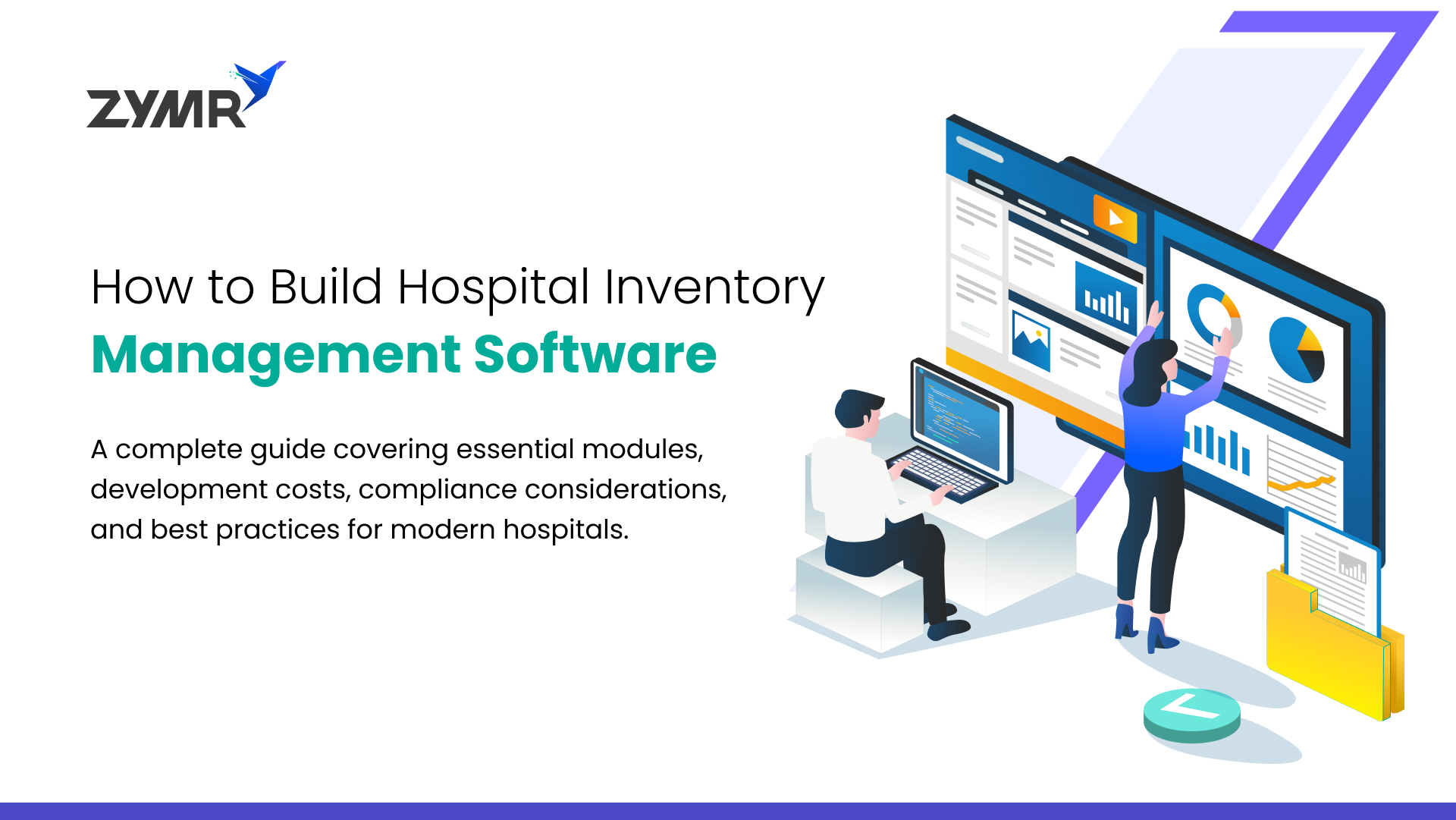Navigating Complex Integration: MuleSoft's Answer to Challenges of Modern Software Development Services

July 23, 2024
Integration capabilities have become indispensable in today's software development landscape, particularly amidst the prevalence of DevOps services and the rise of cloud-native applications. These capabilities facilitate seamless communication and data exchange between diverse systems, a critical need as software becomes more complex and interconnected. In times when rapid and iterative software development services is paramount, integration bridges the gap between development and operations teams. Applications designed to harness the scalability and flexibility of cloud environments, rely on integration to connect microservices, APIs, and data sources. Integration enables these applications to dynamically adapt to changing conditions, scaling up or down as needed.
MuleSoft offers several benefits to software development services through its Anypoint Platform, which is designed to facilitate integration and connectivity between various systems, applications, and data sources.
In this blog we will discuss about the integration capabilities offered by Mulesoft to enable software teams wilth swift adaption to changing requirements, consistent user experience, and maximized benefits of distributed and diverse application ecosystems.
Integration capabilities are the linchpin to achieving successful collaboration, rapid deployment, and optimal utilization of cloud-native architectures. Mulesoft’s platform offers unique strengths through its versatility, offering an extensive library of pre-built connectors for diverse systems, easing integration complexities.The tools holistic approach to integration, combined with its rich ecosystem, positions it as a comprehensive solution that effectively meets the demands of today's software landscape. Here's what MuleSoft brings to the table for software development services:
- API Management: Anypoint Platform offers robust API management capabilities, allowing software development services to design, build, deploy, and manage APIs. APIs (Application Programming Interfaces) are essential for enabling communication and data exchange between different software components, both within an organization and with external partners.
- Reusable Components: MuleSoft promotes the creation of reusable integration components, such as connectors, templates, and modules. This reusability accelerates software development services by allowing developers to leverage existing components rather than starting from scratch, leading to faster time-to-market.
- Microservices Architecture: MuleSoft supports a microservices architecture, which is a modern approach to software development where applications are built as a collection of small, loosely coupled services. This architecture aligns well with MuleSoft's integration capabilities, enabling developers to create and manage microservices efficiently.
- Data Transformation and Mapping: Anypoint Platform includes tools for data transformation and mapping, which are crucial in software development services to ensure that data can be properly translated between different systems with varying data formats and structures.
- Automated Testing and Continuous Integration: MuleSoft integrates with continuous integration and continuous delivery (CI/CD) pipelines. This enables automated testing and deployment of integration projects, ensuring that changes are thoroughly tested and delivered reliably.
- Monitoring and Analytics: Anypoint Platform provides monitoring and analytics features that allow developers and operations teams to track the performance and health of integrations. This data can be used to identify and address issues, optimize integrations, and make data-driven decisions.
- Hybrid Cloud Connectivity: MuleSoft supports connectivity across various environments, including on-premises, cloud, and hybrid cloud setups. This is beneficial for software development services that need to integrate legacy systems with modern cloud-based applications.
- Ecosystem and Marketplace: MuleSoft's ecosystem includes a marketplace where developers can find pre-built connectors, templates, and other integration assets. This marketplace facilitates collaboration and accelerates development by providing access to a wide range of integration resources.
- Security and Compliance: MuleSoft offers security features to ensure that integrations are developed and deployed with the necessary security measures in place, including authentication, authorization, and data encryption.
Conclusion
Modern software development services showcase a need for seamless connectivity and data exchange across complex systems. As software systems grow more intricate and interconnected, MuleSoft stands out as a beacon of solutions. From API management to microservices architecture, MuleSoft caters to every facet of the integration journey. Its offerings resonate with software development services, allowing them to swiftly adapt to changing requirements, ensure consistency in user experience, and harness the power of diverse application ecosystems. In conclusion, MuleSoft isn't just providing integration solutions—it's shaping the future of software development.
FAQs
>
>
>
>
>
Have a specific concern bothering you?
Try our complimentary 2-week POV engagement
Our Latest Blogs

January 15, 2026
Global Healthcare Outlook 2026: Key Trends in Digital Health, AI, and Patient Safety

January 15, 2026
Top 10 Healthcare IT Services Companies Transforming Healthcare Delivery(2026)

January 15, 2026





.svg)
.svg)
.svg)
.svg)
.svg)
.svg)
